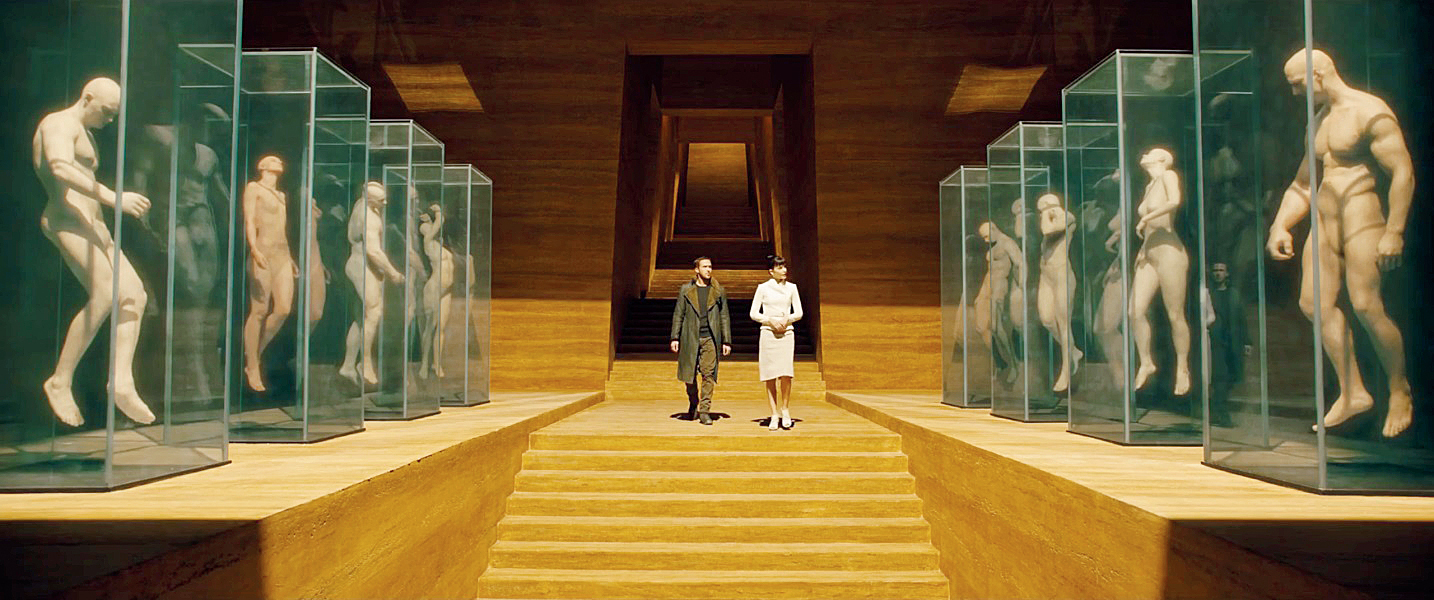Two words we always associate with Diwali are lights and fireworks. So we decided to draw up a list of films that celebrate light and make a happy Diwali experience for those who would rather stay indoors on D-day. Here are eight films which celebrate the concept of light...
Blade Runner 2049
A list that celebrates lights cannot be complete without mentioning Roger Deakins, who some would consider to be one of the greatest cinematographers. For the Blade Runner sequel, Deakins created some of the most memorable moments of 2017. The success of the sequel as a worthy one is debatable, but Deakins’ use of neon as well as sunlight to create such vivid images of a futuristic world is masterful to say the least. It was a dystopic celebration of lights, whether it is a burning house or the hazy cyberpunk world of 2049.
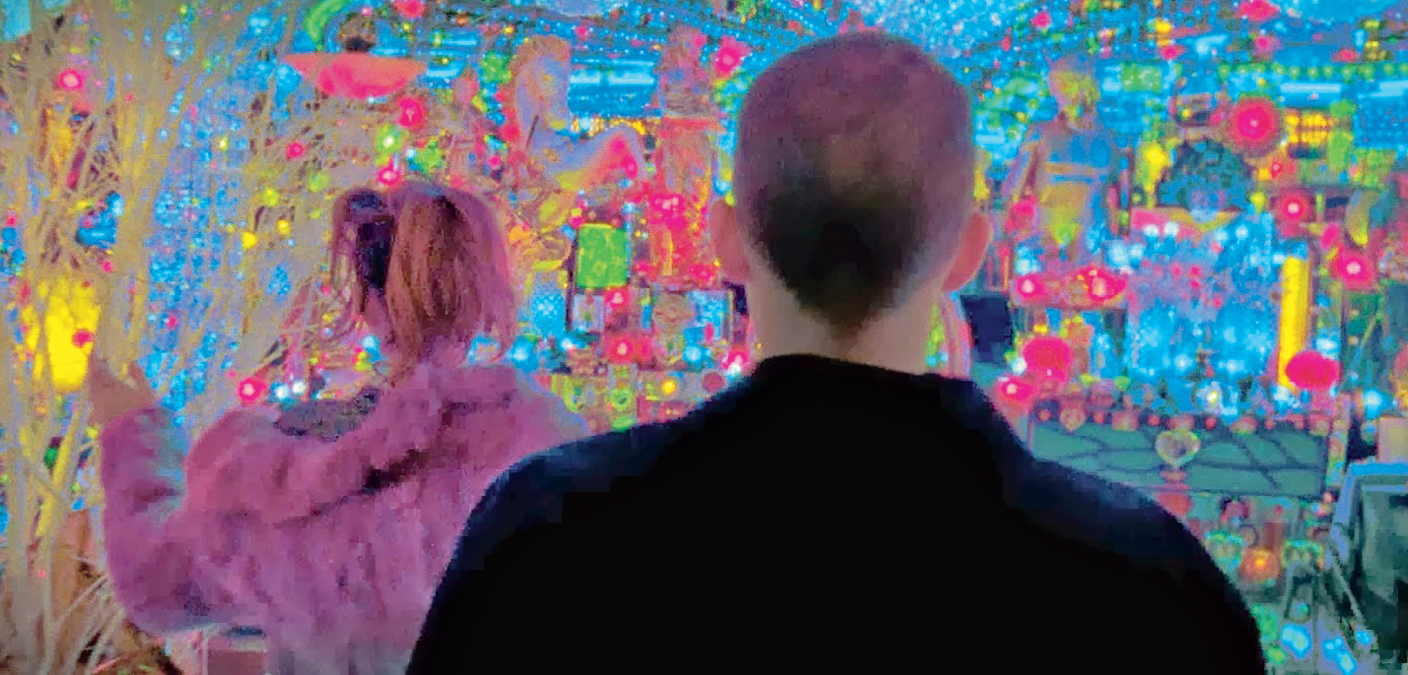
Sourced by The Telegraph
Enter the Void
Director Gaspar Noe’s psychedelic melodrama takes place in the neon-nightclubs of Tokyo, where an American drug dealer has an out-of-body experience after getting shot. The film is a psychedelic odyssey of a mind which is passing away under the influence of substance. Noe takes some very fascinating decisions in terms of treatment of lights. Hallucinogenic sequences are a must with any Noe film, as the filmmaker has a tendency to choose risque topics. Enter the Void uses lights to portray the mindscape of the protagonist.
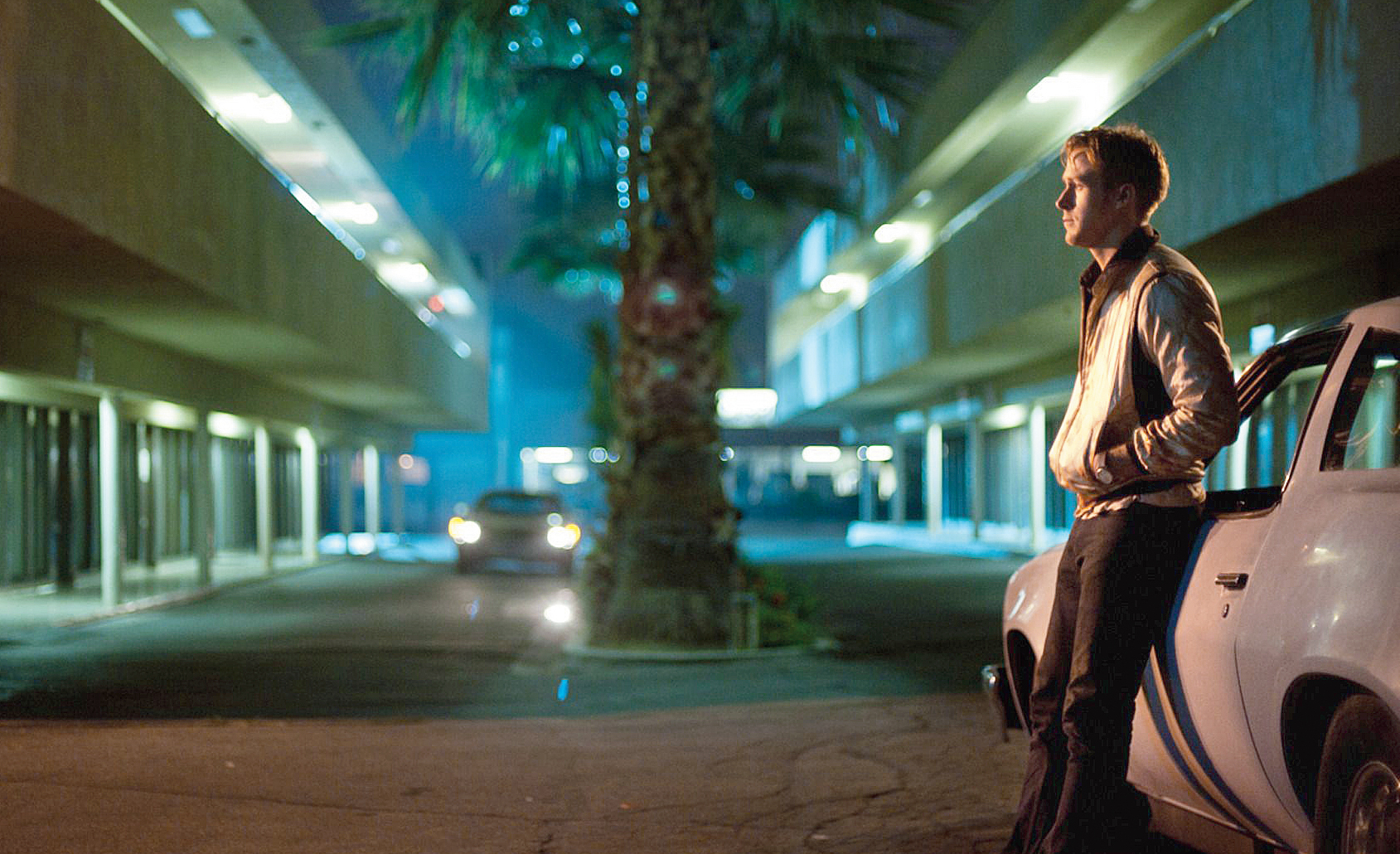
Sourced by The Telegraph
Drive
Nicolas Winding Refn’s intense drama about a getaway driver (played by Ryan Gosling) who takes a keen interest in his neighbour (played by Carey Mulligan) was excellently shot, with some of the best lighting we have seen in recent times.
Drive’s spirit is truly captured in the night driving scenes, coupled with some action sequences which are lit equally well. It is a celebration of light like no other. It is a film where the tension is built through silences, and the lighting helps build the mood.
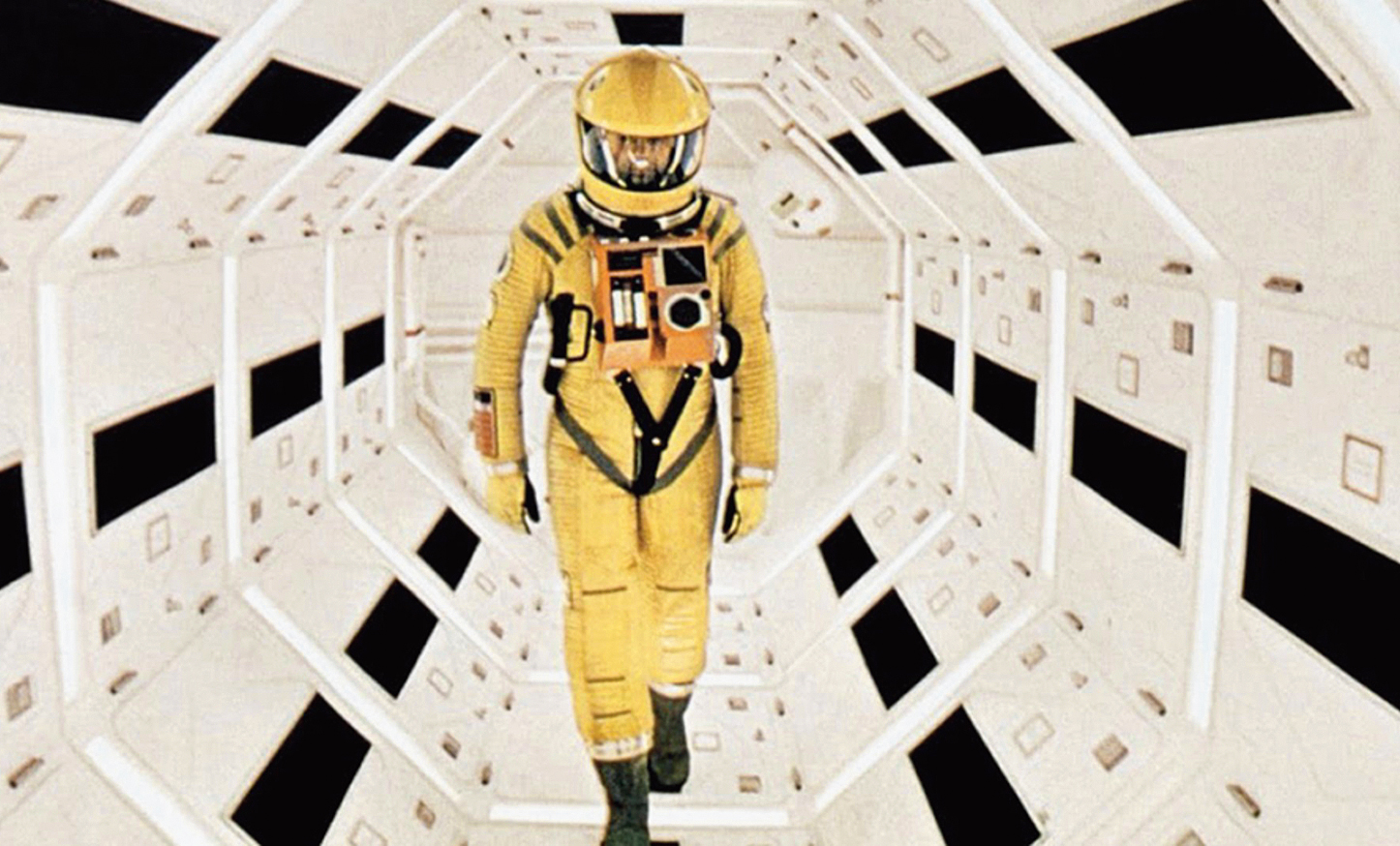
Sourced by The Telegraph
2001 — A Space Odyssey
The film is an exploration of various philosophical themes, laid underneath the fabric of a complex tale about a monolith... and the framing and lighting deserve special mention. Director Stanley Kubrick’s vision is one to remember, a feat unparalleled till date. The coloured lights in the Star Gate sequence (a portal into a different dimension which is taken by the protagonist) were shot using slit-scan photography of high-contrast images, as Kubrick’s science fiction epic climax journey into time; it was definitely a kaleidoscopic understanding of space. The viewer is bombarded with one of the most innovatively shot sequences of all time.
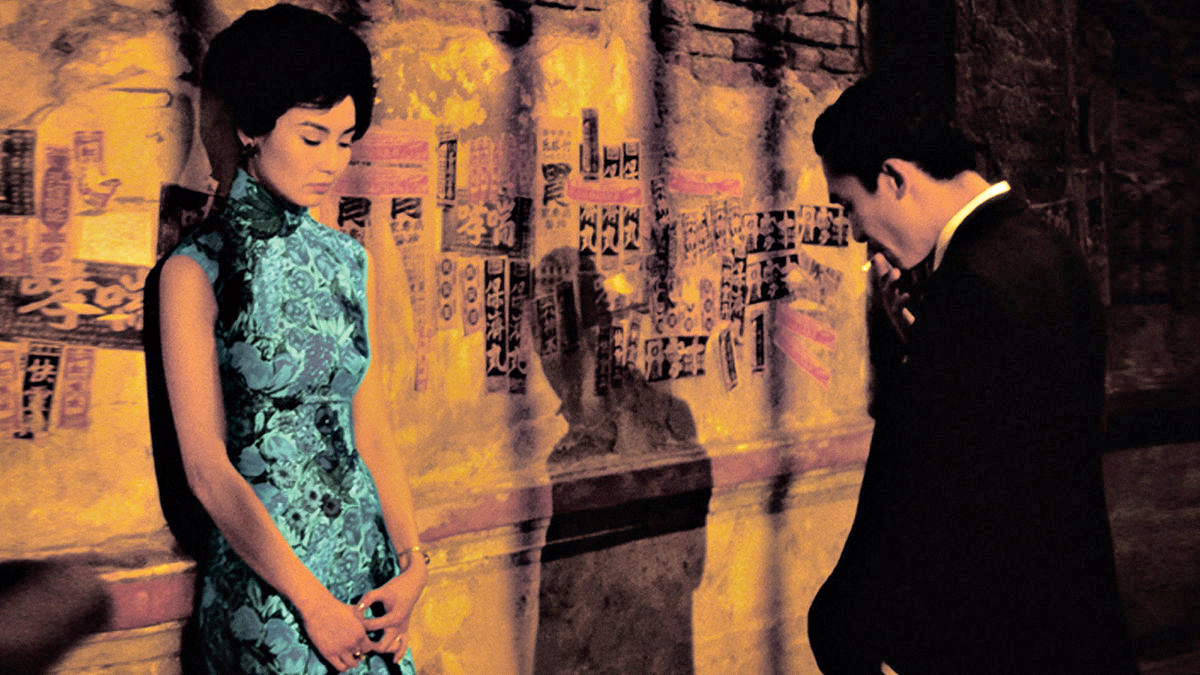
Sourced by The Telegraph
In The Mood For Love
A celebration of lights does not necessary require a lot of grandeur. In this Wong Kar-wai masterpiece, lights are used to heighten tension and build mood. Eminent cinematographer Christopher Doyle used tungsten lights and the colour red to create an ambience of intimacy, paired with delicate camera movement. And excellent use of slow-motion cinematography makes this film a must-watch for any world cinema lover. The lighting makes the film complete, it supplements the narrative with excellent finesse, and it is Doyle’s grace and composure which carries the film through.
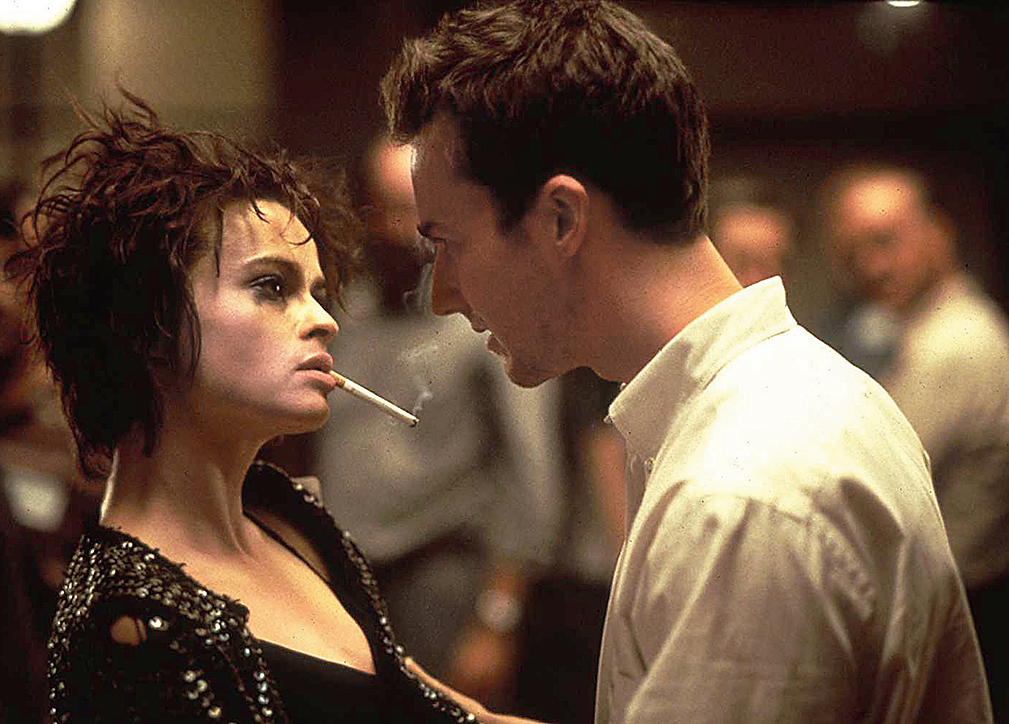
Sourced by The Telegraph
Fight Club
The last scene of David Fincher’s magnum opus is a dystopic one, but what else other than fireworks could capture the joy felt by Marla (played by Helena Bonham Carter) as she witnesses the beginning of The End as we know it? The celebration of the apocalypse is something we have seen in many films, but Fincher’s portrayal is amongst the best out there.
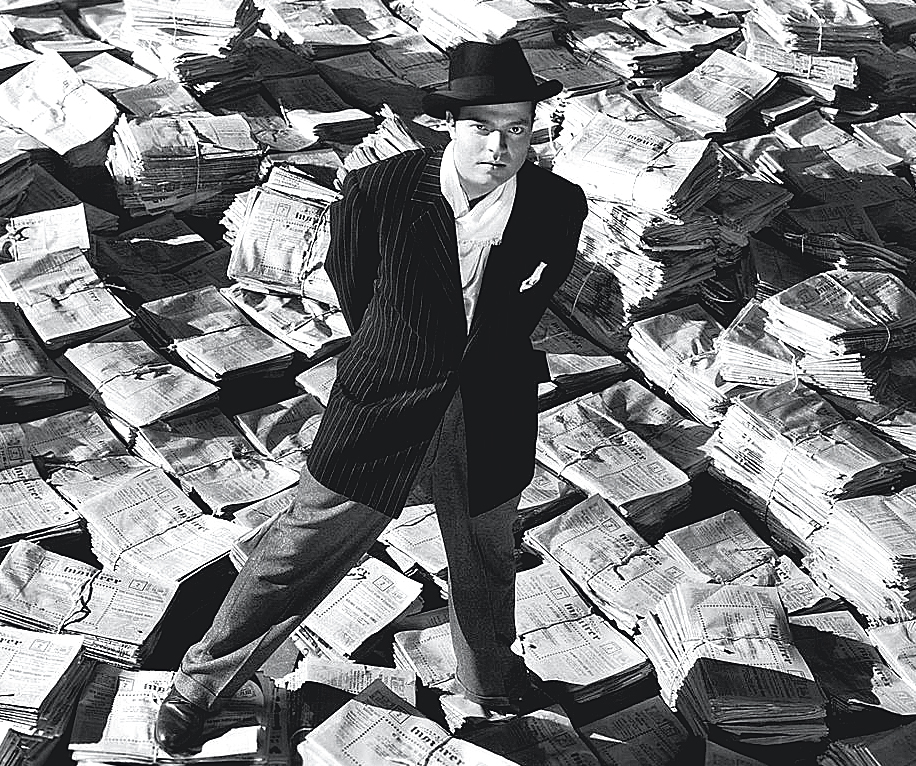
Sourced by The Telegraph
Citizen Kane
No film list is complete without mentioning Citizen Kane at least once. The Orson Welles-directed film used deep focus coupled with chiaroscuro lighting — light and shade in black and white photography — and created memorable sequences. Citizen Kane’s cinematography complements the narrative to the effect that whenever one is talking about the film, the lighting and cinematography (by Gregg Toland) are mentioned, whether it is depth lighting for the party sequences or the harsh high-key lighting used for the newspaper office sequences.
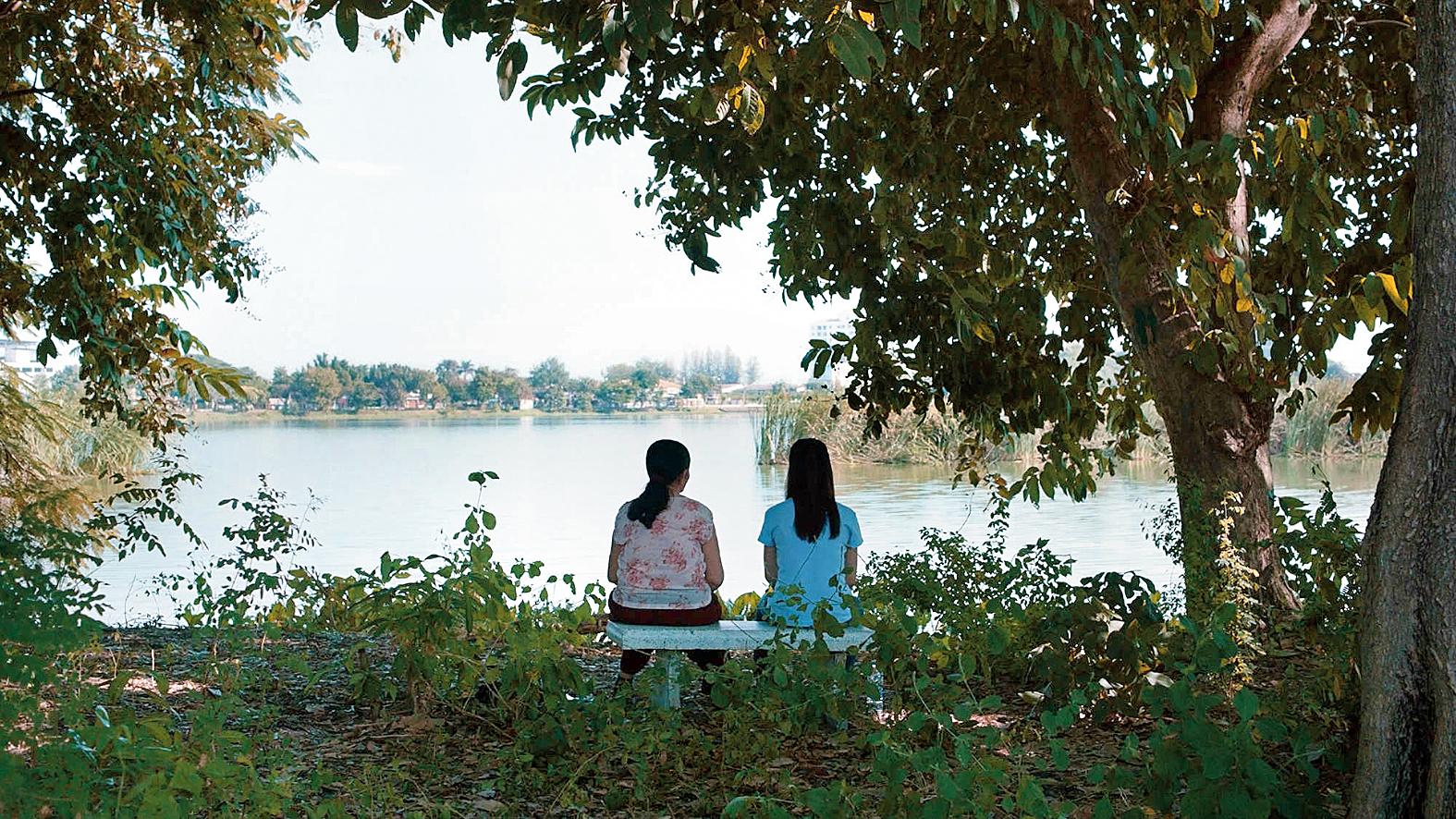
Sourced by The Telegraph
Cemetery of Splendour
Thai director Apichatpong Weerasethakul’s 2015 endeavour uses the concept of lights within the narrative itself, as a tool. Futuristic-looking cylindrical-shaped structures are used to stop sick soldiers from having nightmares, and Weerasethakul goes the extra mile to blur the distinction between dreams and reality by tweaking the colour of the shots. The meditative film uses lights as a way of orchestrating some of the most beautiful sequences.

